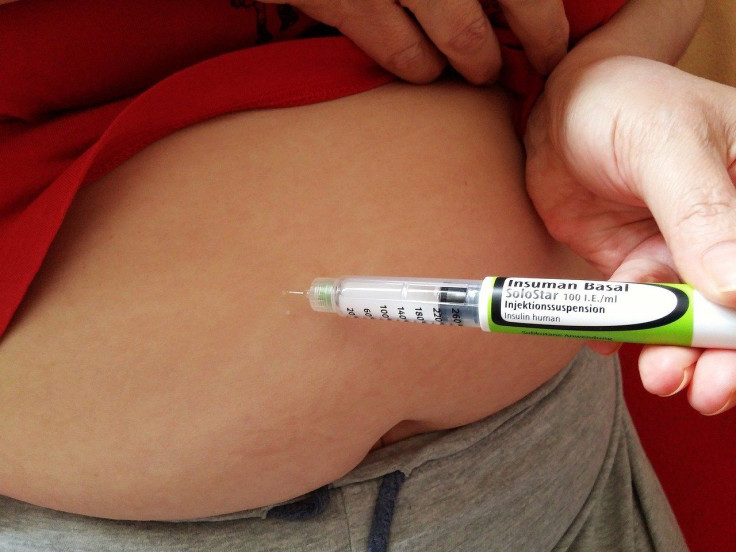Diabetics Who Sleep Poorly Are 87% More Likely To Die Over Next 9 Years: Study
KEY POINTS
- New research suggests that diabetics who sleep poorly are 87% more likely to die within the next nine years
- Diabetes patients with poor sleeping patterns will have a hard time managing their medical condition
- Diabetics are encouraged to address the root cause of their sleep problems to reduce the risk of early death
Diabetics with poor sleeping patterns are more likely to die early, a study has found.
New research suggests that people who have diabetes are 87% more likely to die within the next nine years compared to diabetics without sleeping problems and people with no diabetes.
In a meta-analysis of nearly 500,000 adults in the United Kingdom, researchers found that diabetics who often experience sleep disturbances are at high risk of mortality, CNN Health reported.
The study, published in the Journal of Sleep Research, advises people to observe their sleeping patterns to tackle certain disturbances that occur while they're snoozing.
"People with diabetes, but not sleep disturbances, were 67% more likely to die compared to people with neither diabetes or sleep issues, and 87% more likely to die if they had both diabetes and frequent sleep disturbances," said Kristen Knutson, associate professor of neurology and preventive medicine at Northwestern University Feinberg School of Medicine and author of the study.
Knutson said diabetics should deterrmine if they have trouble falling asleep at night or if they tend to wake up frequently. By addressing these problems, people can lower their risk of dying early. The professor also emphasized on the need to consult with a physician, as per U.S. News.
"If you usually have trouble falling or staying asleep, you need to talk to a physician and get at the root of the problem. Find out why aren't you sleeping well and then figure out how to fix it," she said.
While poor sleeping patterns do not necessarily cause diabetes, they are known to be associated and have the potential to affect one another.
"Diabetes is a deadly disease and it can be easily affected by sleep -- or the other way around," said Dr. Raj Dasgupta, an assistant professor of clinical medicine at the Keck School of Medicine at the University of Southern California.
"Are you getting poor sleep because your diabetes is poorly controlled or is the poor sleep making your diabetes worse?"
For professor Knutson, patients must acknowledge and tackle their sleep problems, regardless if they have diabetes or not. This is because sleeping poorly is generally linked to early death.
In addition, diabetics who don't sleep well are known to have a harder time managing their medical condition.
"It's not easy to do and then if you're sleep-deprived, maybe you're just not as good at remembering to take your medication or measure your blood sugars," Knutson said.

© Copyright IBTimes 2025. All rights reserved.





















